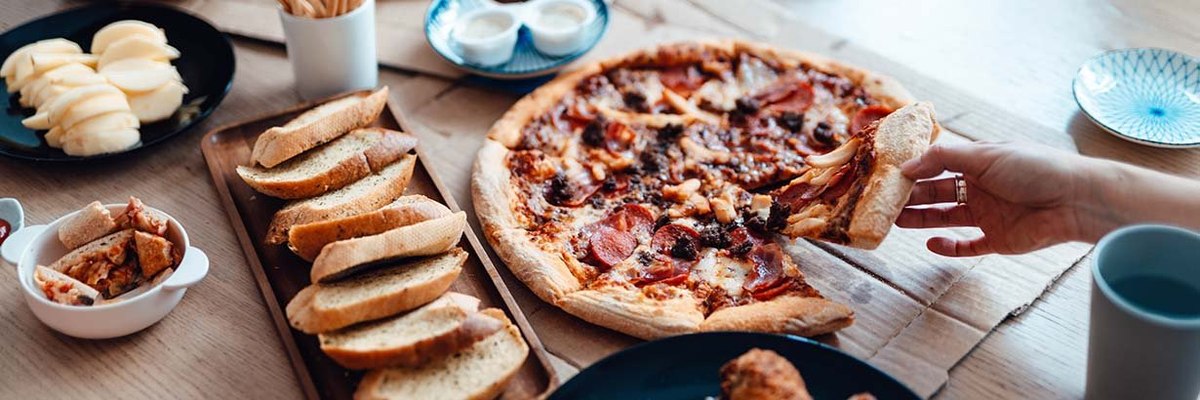The government has laid out a list of foods that it considers junk food – but does the public agree?
New rules due to come into effect next year aimed at tackling childhood obesity will see adverts for junk food banned online and on TV before 9pm.
This of course begs the question: what, exactly, is “junk food”? Under the government’s scoring system, food can be considered junk food if it is classified as “less healthy” on a set of nutritional criteria including salt, fat, sugar and protein content, AND if it comes into one of 13 food categories.
We’ve drawn from the examples in this list to see how far Britons agree with the government’s selection. Of the 33 food items from the list that we asked about, 15 are considered junk food by a majority of people, while 16 are considered not junk food by most Britons.
Topping the list is “sweets”, which fully 91% of people say is junk food, compared to only 8% who disagree.
Coming close behind are fizzy drinks (89%), crisps (88%) and energy drinks (87%) – only 7-10% dispute this label.
At least three quarters of Britons also brand chocolates, cakes, chips, pizza and tortilla chips as junk food, as well as icing, which is actually specifically exempted from the government’s list.
Opinion becomes divided when it comes to flapjacks and jelly. While 48% say flapjacks are junk food, and 47% say the same of jelly, 43-46% say that they are not.
The foods that Britons will be most surprised to see considered junk food under the new rules are porridge oats and yoghurt. Only 2% say porridge oats are junk food, which the government includes on its list without qualification, while yoghurt (which only 5% call a junk food) is included in the rules for any variety that has been sweetened, as well as non-dairy alternatives, probiotic yoghurt and drinkable varieties.
The results also reveal changing attitudes to what constitutes junk food. The oldest Britons, those aged 65 and over, are substantially less likely than younger generations to see ice cream, chocolates, chips, cakes, pizza, jelly and custard as junk food.
For their part, the youngest Britons (those aged 18-24) are much less likely to consider tortilla chips, Bombay mix, squash drinks, smoothies, crumpets and granola as ‘junk food’.
What do you think about rail nationalisation? Have your say, join the YouGov panel, and get paid to share your thoughts. Sign up here.
Photo: Getty






